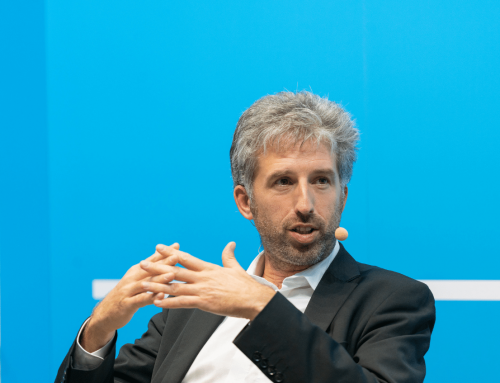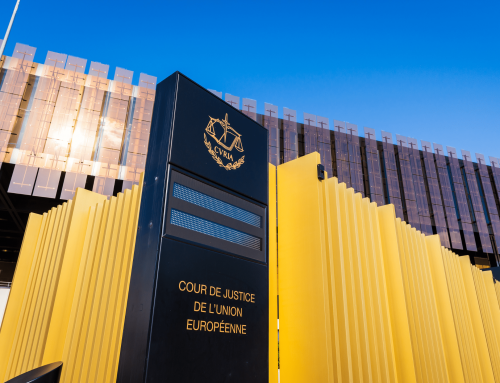In the digital age, social networks such as Facebook, Instagram and WhatsApp have become indispensable communication platforms. But what happens when the companies behind these networks suddenly loosen their control over content? This is precisely the question that is now being asked in Brazil, where the government is sending a clear signal and calling on Meta (formerly Facebook) to explain within 72 hours how the new course is compatible with the country's laws.
What has Meta announced?
Mark Zuckerberg, CEO of Meta, recently made a far-reaching decision: In future, content on the platforms is to be less strictly moderated. Less control by automatic filters and human moderators is being sought, particularly for politically and socially controversial topics. Instead, responsibility is to be increasingly left to the users. Meta cites the introduction of "community notes" as an example, a concept that is already used on the X platform (formerly Twitter). This decision has caused a stir around the world - but it is causing particularly concerned reactions in Brazil.
Brazil's government reacts sharply
In Brazil, Meta's decision was met with harsh criticism. The Brazilian judiciary, represented by Attorney General Jorge Messias, called on Meta to explain within 72 hours how this relaxation of content control can be reconciled with Brazilian laws to combat fake news and protect vulnerable groups. Of particular concern is the risk that without sufficient moderation, hate speech, criminal content or false information could be spread unhindered. In a country struggling with highly polarized political debates and a multitude of social tensions, this decision could have serious consequences.
The possible consequences for Meta
The Brazilian government makes no secret of the fact that it will not hesitate in this matter. Last year, the social media platform X already experienced how quickly a court in Brazil can act when it comes to non-compliance with local laws. At the time, a federal judge even threatened to shut down X when the company was unwilling to block conspiracy theorists and extremist accounts. This history suggests that Meta will not simply get off with a light warning either. If the company continues to refuse to comply with the Brazilian requirements, this could lead to serious consequences.
What does this mean for users?
This development could have far-reaching consequences for users of meta platforms. Reduced content moderation may mean that they are increasingly confronted with problematic content - be it in the form of hate speech, fake news or extremist views. Especially in a country like Brazil, which is struggling with a multitude of social, political and economic challenges, such a development could quickly become a threat to public order and social coexistence.
A critical look
It is understandable that Meta, as a global tech giant, wants to reduce content moderation in order to promote freedom of expression. However, the decision to control content less could have fatal consequences in a society as complex as Brazil. Especially in countries where fake news and hate speech are a major problem, the responsibility of platforms should not be passed on to users. This shows once again that the regulation of social media is not just a technical problem, but also a social challenge. Meta could find itself in a dangerous conflict with governments here - and users could end up being the ones to suffer.
Those with less control should not be surprised when chaos takes hold. Responsibility for content cannot simply be placed in the hands of the community, especially in an environment as complex as Brazil.







